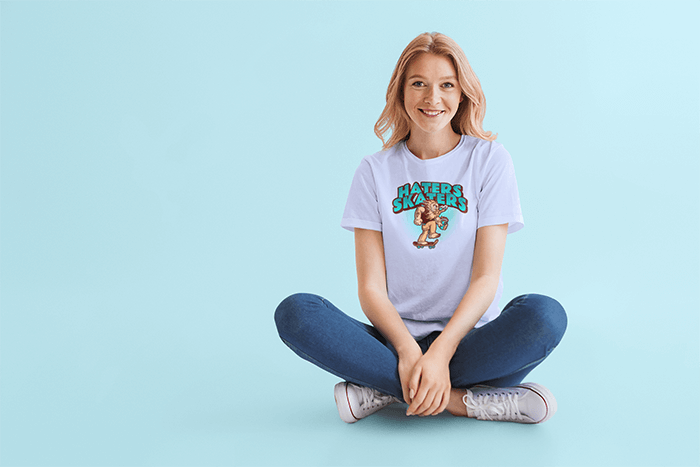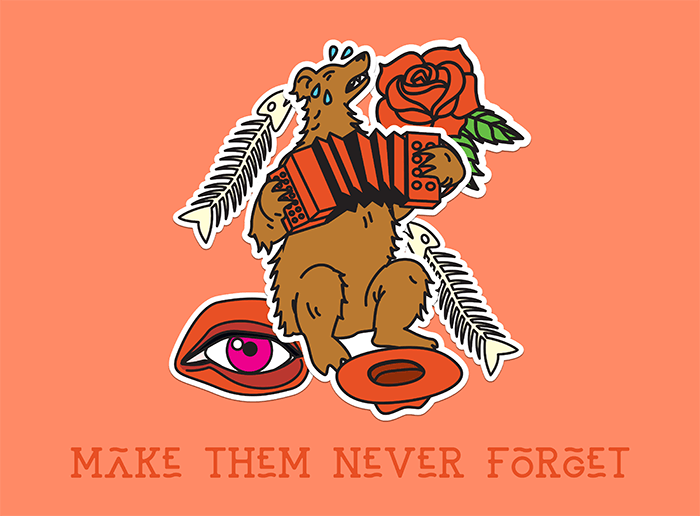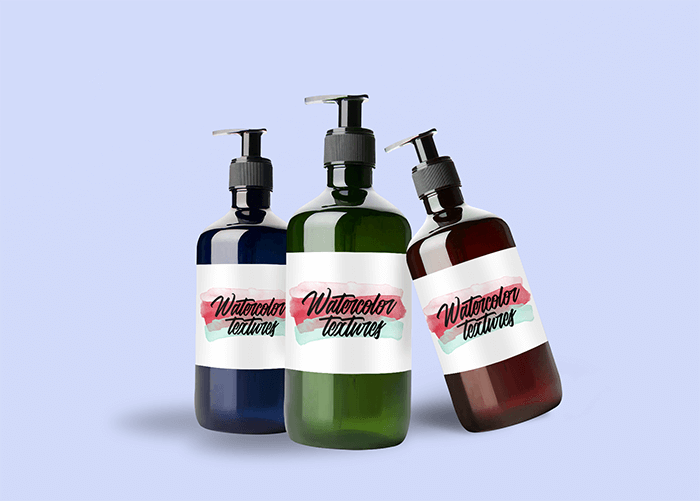Why Storytelling Should Be A Part Of Your Logo Design Process
Your logo is your customers’ entry point to your business. It’s the face of your business, bringing your product or service to mind every time it’s seen. As such, it leaves a lasting impression. Of course, the best way to leave such an impression is to communicate it through a story. Visual storytelling embeds your brand in your customers’ minds in such a way that they struggle to forget it, and your logo plays an important role in that.
Read on to learn how to weave storytelling into your logo design process and create a better, more memorable logo into the bargain.
Your Logo Should Evolve With Your Brand
Even the best logos go through different iterations over time. Google’s logo is an obvious example of this, moving from a serif font to the smooth, rounded typeface you see today.
There are some exceptions to this of course. Stella Artois’s logo has remained virtually unchanged since the brewery’s founding in 1708. But for most brands, their logos change along with their identity. As their visual storytelling develops, so too do their logos.
The same applies to your logo too. Let your brand’s story inform your logo design over time. For instance, if your target market changes from an older audience to a broader, younger-leaning audience, adapt your logo to reflect more modern aesthetic values, knowing what changes to actually make can be one of the benefits of a professional graphic designer.
Don’t force it — your logo should evolve naturally with your business. While you should tweak it to reflect your business’s journey, don’t overhaul it completely. It should still retain some traditional elements of its previous iteration so your customers still associate your logo with the essence of your business.
Embrace Visual Story Elements to Talk About Your Brand
Your logo largely consists of your brand name and, in some cases, your slogan too. But for the most part, you need to rely on visual elements to convey your brand’s story. This can be tricky at first, but a lot of it is intuitive.
Color is a good starting point. Colors can be used to evoke a wide range of emotions and sentiments. For instance, yellow evokes feelings of positivity and optimism, while red offers energy and vitality. Use colors to make your customers feel the desired way when they see your logo. Here are a couple of examples about logo color schemes, check them out!
While your use of copy is minimal in your logo design process, you can look to images or graphics to convey elements of your brand more explicitly.
For instance, the NBC logo initially looks like a cascade of different colors, but it is actually a peacock, with each colored feather representing a different media division. The peacock has been a part of the network’s history since the Fifties, and thus its logo reflects this history too.
But you could also opt for more subtle ways to communicate your brand too. For example, Amazon’s logo presents an arrow beneath the brand name in the shape of a smile, naturally associating feelings of positivity with the company on the part of the customer.
But did you also notice that it connects the A and the Z? In short, ordering with Amazon is as easy as A to Z. It wordlessly conveys semantic meaning, a powerful manifestation of visual storytelling through good logo design.
Convey Your Value Proposition Through Visuals
Your value proposition is what makes your brand unique. It is what encapsulates your vision, values, and essence. It is crucial to the identity of your business, and consequently, it should play an important part in your logo design process.
Your value proposition permeates every aspect of your business, from your social media strategy to your product pages, and your logo is no exception.
Your logo, like your product or service, is a visual representation of your brand, it is an aesthetic expression of the value you offer as a brand. As such, the basic tenets of product imagery apply here too. Simplicity and consistency are key, let your logo convey your value proposition concisely and in the same way across every channel.
As an example, let’s say you sell finance AI tools, such as a personal finance app that promises to bring simplicity to saving money. Your logo could reflect this simplicity and straightforwardness by using minimalist design elements, no more than two different colors, and easy-to-read font.
Let your logo visually express the value of your brand.
Your Brand’s Name is Part Of Your Digital Storytelling
You know already that tour brand name and logo are inextricably linked. While they are not one and the same, they inform and work off each other to communicate your brand to your audience.
Consequently, it’s worth considering if your brand name and, by extension, your logo can be part of your visual storytelling process. By simply looking at your logo, your target audience knows how your brand, product, or service can impact their lives.
Take the dating app Tinder, for example. The name conjures images of sparks flying, just as they would when two hearts meet, and the brand’s logo reflects this. Consequently, Tinder makes its logo and brand name part of its story — it helps people spark and kindle a relationship.
Of course, not every business can achieve this. But if the connection between your logo and brand name is strong enough, it will buoy your story and instantly resonate with your target audience as a result.
The Art of Storytelling in a Few Last Words
The best logos communicate depths about a brand through strong visuals and clever design. Your logo should form part of your brand’s visual storytelling and, at the same time, be informed by your own story too.
Have your logo evolve with your brand, and use visual elements to help reflect that process. Use your logo to deliver your value proposition, making your brand name and logo essential to your storytelling process. No matter what kind of logo you’re thinking of, we’ve got you covered! Even if it’s a moving company logo or an industrial one.
Follow the tips above and create a logo that silently tells your brand’s story beautifully and memorably in 2020.
This Is Why You Should Think About Storytelling Visuals for Your Logo
Telling your brand's story with your logo can really make a difference between being one more from the crown or becoming a brand potential costumers will actually remember. Adding visual storytelling elements to your logo can be the best decision you make when designing!
Ready to Design Your Logo?




